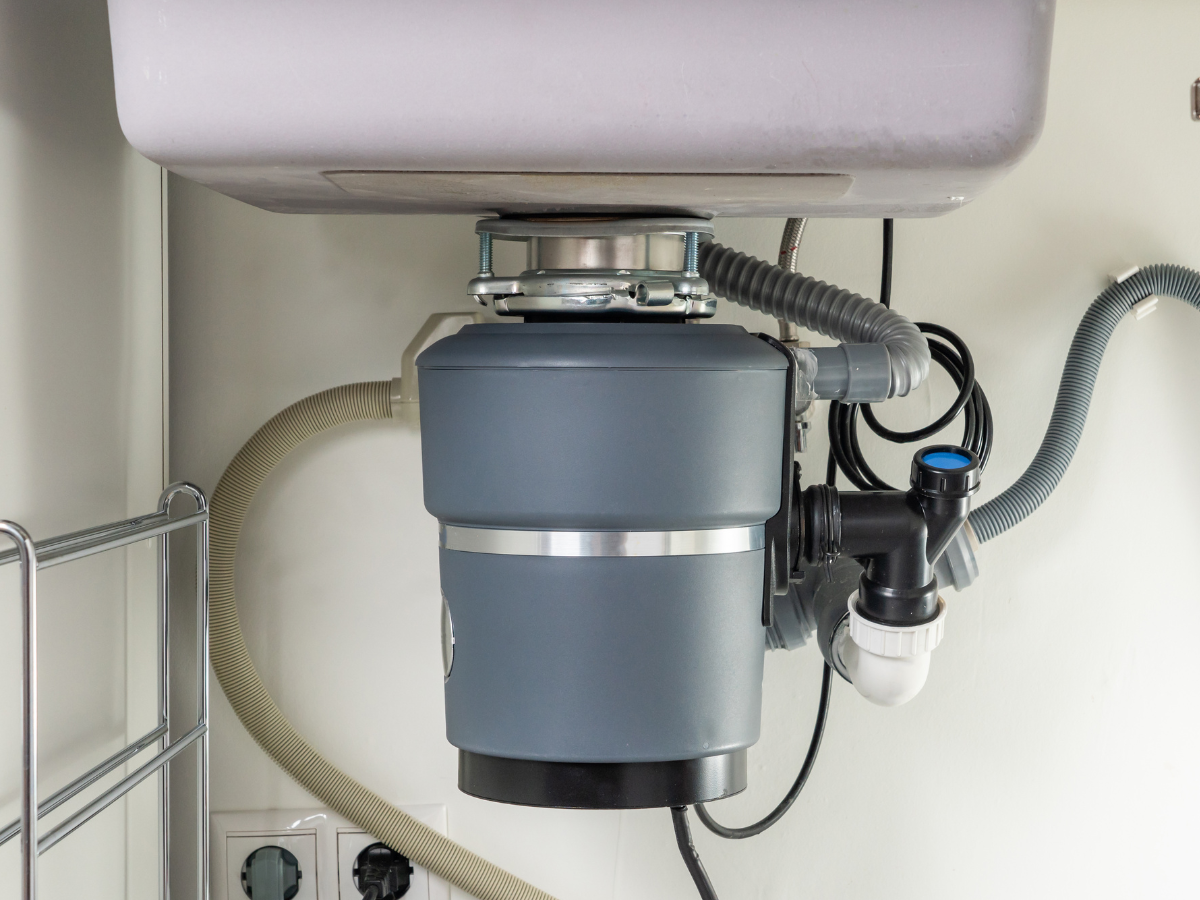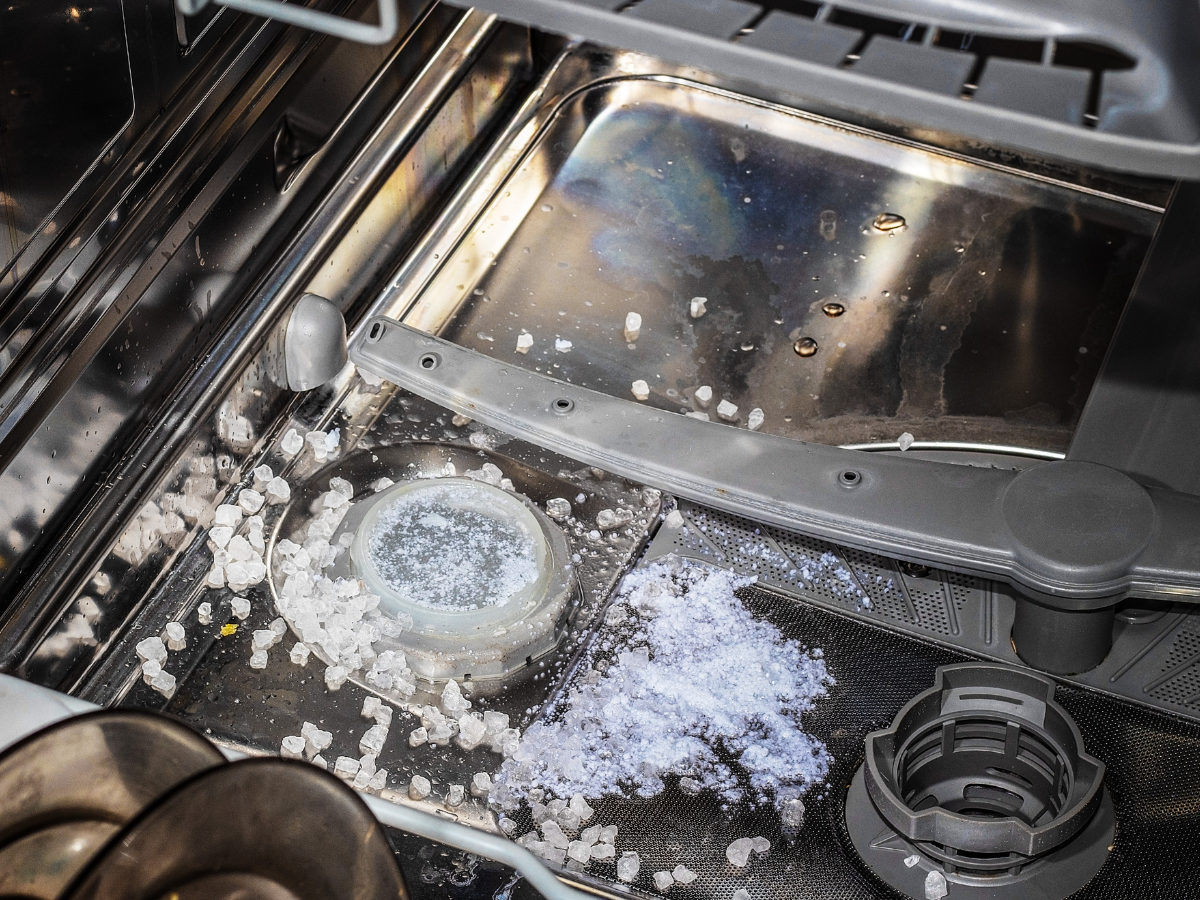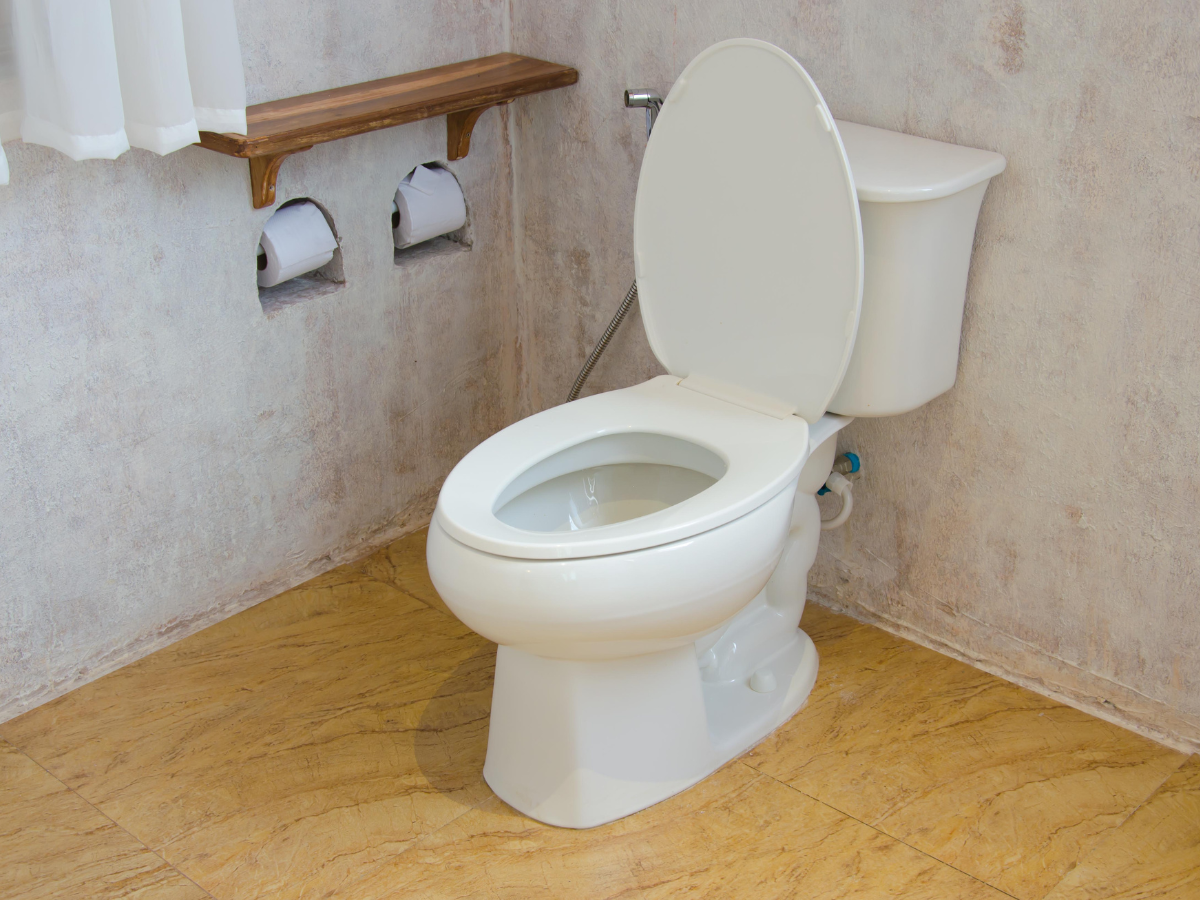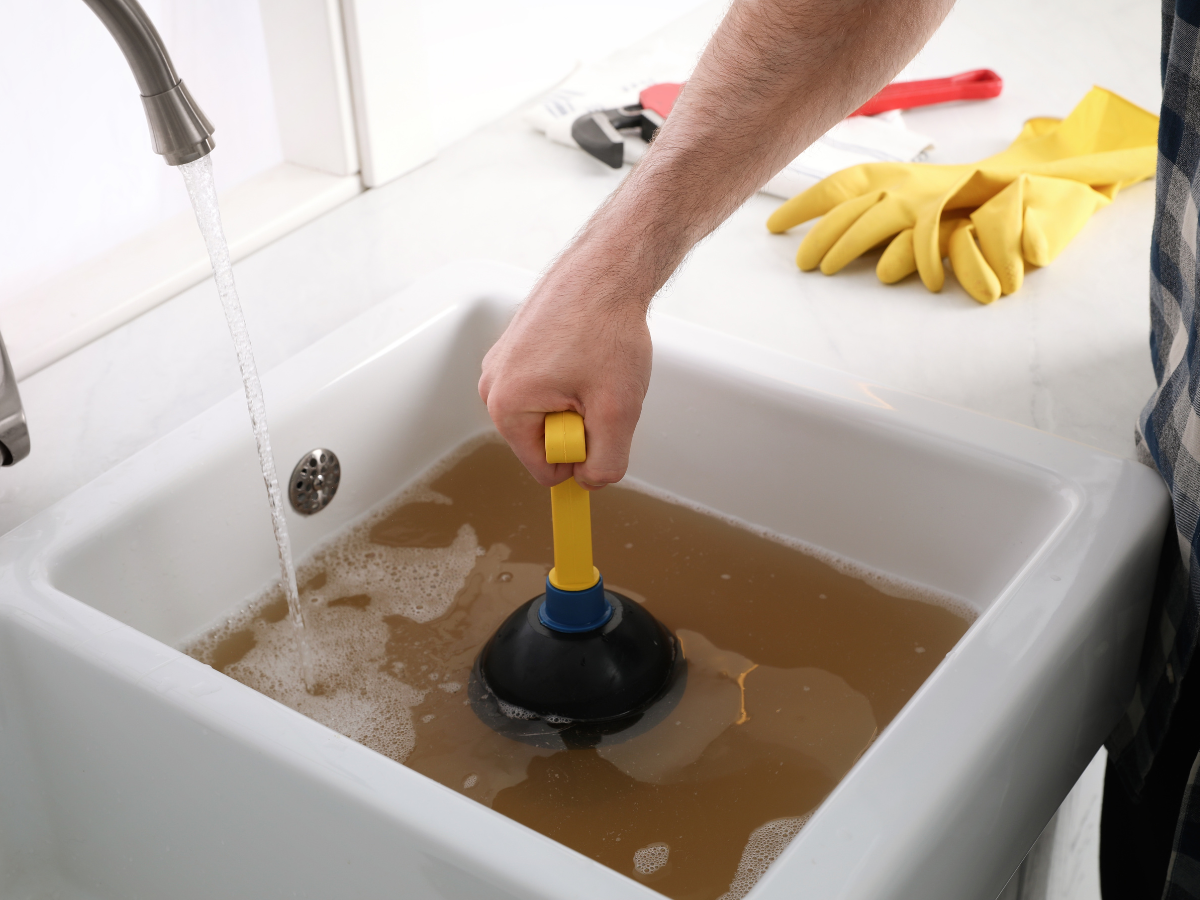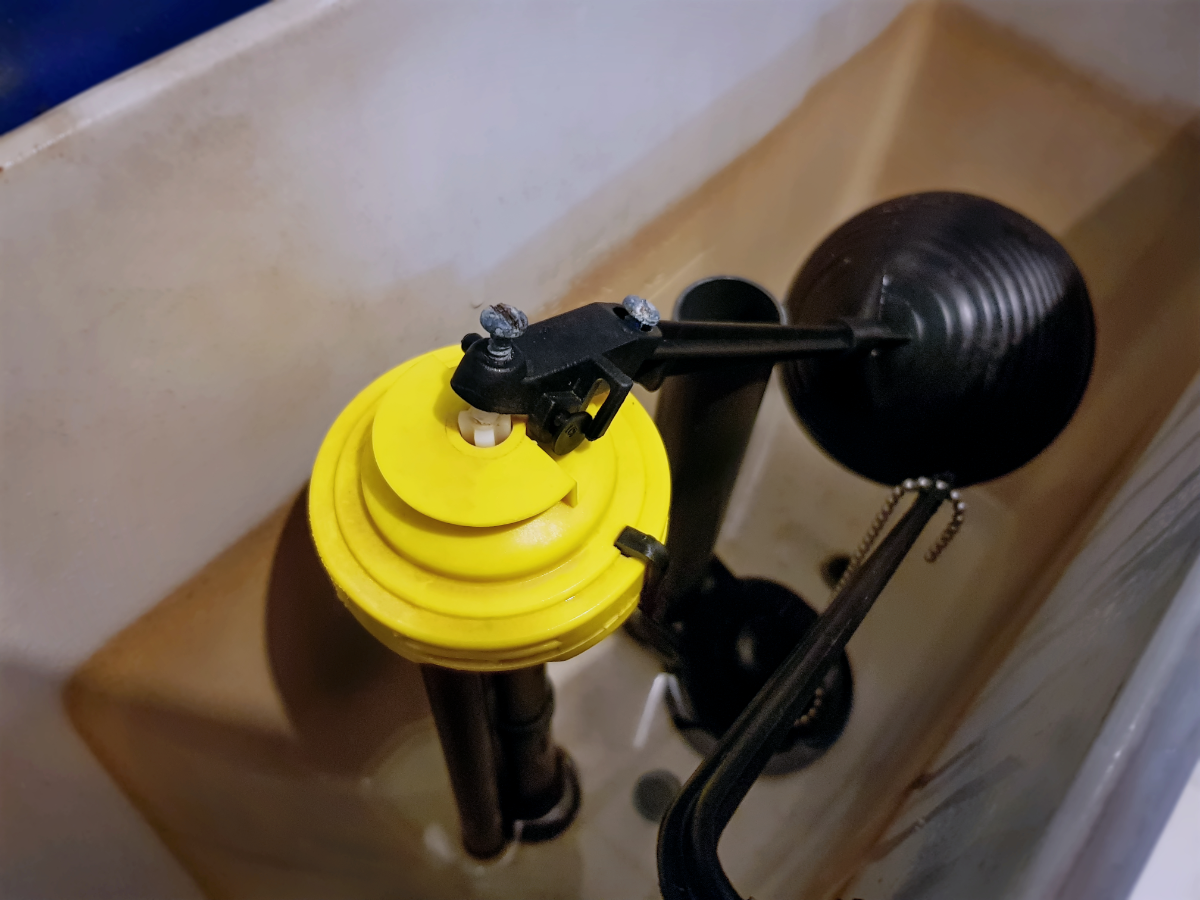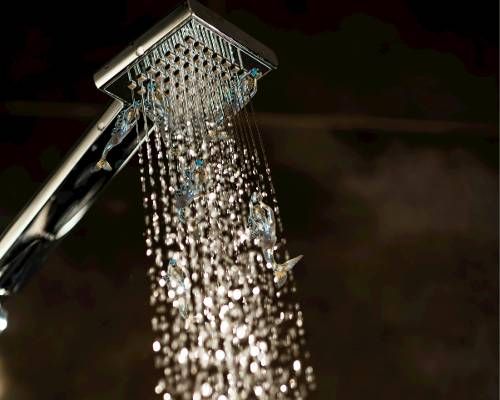Should You Be Concerned About Rust In Your Water Heater?
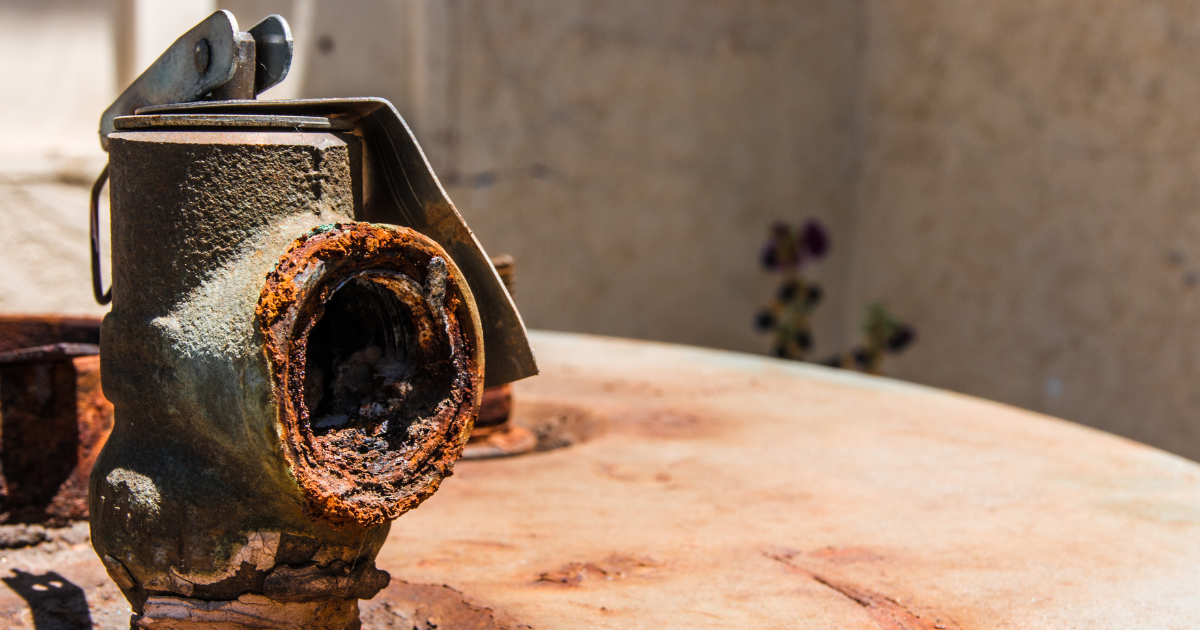
Rust: it’s more than just a cosmetic problem. Particularly when it involves your hot water heater, it can signify deeper issues that shouldn’t be ignored. But should you be concerned if you spot rust on or in your tank? What does it mean if your hot water takes on a rusty hue?
These are questions many homeowners grapple with. Rust can corrode the essential components of your water heater, potentially leading to leaks and a significant reduction in the efficiency of your unit. Through regular maintenance and vigilance, however, you can mitigate these problems and ensure the longevity of your water heater.
In today’s blog post, we’ll delve into this issue in more detail, helping you understand when rusty signs should be a cause for concern.
5 Common Safety Concerns Related to Rust in Water Heaters
If your water heater is getting rusty, you may wonder if it poses a risk to your (or your family’s) safety. Although they aren’t life-threatening, rusty water heater units can lead to several potential issues, some of which include:
- Leakage: Rust can indicate that your water heater’s metal has begun corroding, leading to corrosion-induced holes or cracks in its tank, which could allow leakage into your property and waste of precious water resources. This leakage could cost you and your property money in lost resources and additional property damages.
- Reduced Efficiency: Rust and sediment build-up within your water heater can impair its ability to heat water efficiently, forcing the heater to work harder to supply hot water, resulting in higher energy usage and utility bills.
- Contaminated Water: Rust in your water heater can produce brownish-red water with an unpleasant taste and odor that is unsuitable for consumption or use, even though this is generally safe to do. While not harmful in terms of health effects, rust in your water may compromise taste and smell and make drinking or using your water an unpleasant experience.
- Lifespan: Rust can significantly reduce the lifespan of a water heater, shortening its expected lifespan significantly and forcing you to replace it sooner than planned, at potentially substantial expense. Therefore, prompt action must be taken if rust becomes an issue to address its effects immediately and protect all components against further deterioration.
- Potential Health Effects: Although rare, drinking or cooking with rusty water could lead to health concerns for people with compromised immune systems. If concerned, consult with healthcare providers immediately if any adverse health reactions appear with its use.
Ensuring Safety Through Regular Maintenance and Inspections
Homeowners can significantly reduce the risk of rust in their water heaters by implementing a routine maintenance schedule with a professional plumbing service. Regular maintenance checks are crucial in identifying early signs of rusting and mitigating potential damage.
Here’s how it works:
- Rust Detection: Plumbers are skilled at detecting rust in water heaters, even in the early stages. They can thoroughly inspect your unit for any signs of rust or corrosion. Quick detection means you can address the problem before it escalates, preventing leaks and efficiency issues.
- Leak Prevention: Regular maintenance involves checking for leaks and cracks resulting from rust and corrosion. By promptly identifying and fixing these issues, you can prevent water wastage and potential water damage to your property.
- Cleaning and Flushing: Part of the maintenance service includes cleaning your water heater and flushing out any sediment build-up. This process helps remove existing rust and prevents further accumulation, ensuring your water remains clean and clear.
- Long-term Protection: A professional plumbing service can provide advice and solutions for long-term rust prevention. This could include installing a water softening system if your water supply is high in minerals, which can contribute to rust.
Remember, the key to maintaining your water heater’s longevity, efficiency, and safety lies in regular maintenance. Don’t ignore those subtle signs of rust—get ahead of the problem with the help of an experienced plumbing service.
Handling a Rusted Water Heater: Removal and Disposal Tips
Dealing with a rusted water heater can be challenging, but handling this with caution is critical to avoid potential injuries or damage to your property.
Here are some helpful tips for safely handling the removal and disposal of a rusted water heater:
- Safety First: Before you begin, always remember to switch off the energy supply to the water heater. If it’s a gas heater, turn off the gas supply. Doing this will prevent any accidental ignition or electrical issues.
- Drain The Tank: Using a garden hose, connect it to the tank’s drain valve. Run the other end outside to a location where it’s safe to discharge the hot, rusty water. Open the drain valve and allow the water to flow out of the tank.
- Disconnect The Unit: Once the tank is empty, disconnect the water lines using a pipe wrench. If your heater is gas-powered, disconnect the gas line. Remember to cap the gas line once it’s disconnected to prevent any leakage.
- Removal: With the help of another person, carefully lift the water heater out of its position. Use a dolly or hand truck to transport it to avoid straining your back.
- Disposal: Contact your local waste disposal service to understand the regulations in your area for disposing of old water heaters. Some areas may require specific disposal or recycling processes.
- Safety Gear: Throughout the process, remember to wear appropriate safety gear, including gloves and eye protection, to shield yourself from sharp edges and rust particles.
Please note that if you’re unsure about any step, hiring a professional plumber knowledgeable about these processes is always safer. They can properly and safely handle the removal and disposal, preventing potential harm to you or your property.
Should You Be Concerned About Rust In Your Water Heater? — Conclusion
In conclusion, the presence of rust in your water heater should not be taken lightly, as it can lead to numerous safety concerns, reduced efficiency, and potential health issues. Proactive care, regular maintenance, and timely inspections are the best ways to prevent rust from developing in your water heater. It not only elongates the lifespan of your unit but also ensures your peace of mind knowing your water is safe and clean.
If you’re looking for a professional, reliable plumbing service, Full Speed Plumbing is your answer. Don’t wait for the rust to reach a critical level. Stay a step ahead with the help of Full Speed Plumbing.
Contact us today to speak with one of our technicians and keep rust at bay.

